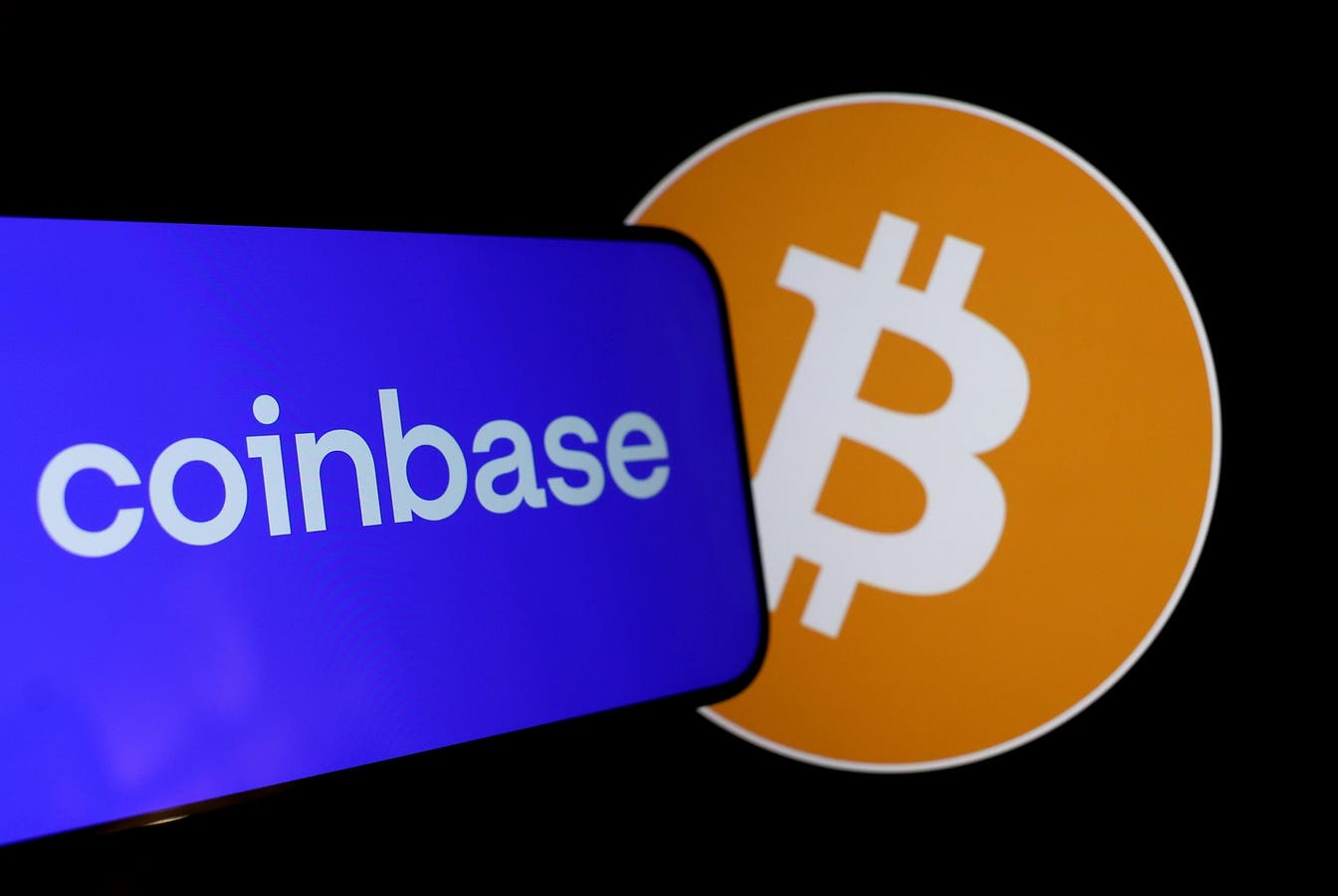Coinbase continues to lead the charge for mainstream adoption of crypto
2025 has been active year for the cryptoasset ecosystem, as well as the firms operating therein, with policy changes at the U.S. federal level, a pro-crypto pivot to the SEC, and price volatility (although generally upward in nature) leading the conversation. Specifically, as bitcoin touches fresh all-time-highs and the GENIUS legislation continues to move forward, investors and policy advocates alike would be forgiven for overlooking a technical, but very significant, developing in the cryptoasset ecosystem.
In May Coinbase officially joined the S&P 500, a milestone that several years ago would have seemed out of reach even to the most optimistic crypto advocates and investors. Such an achievement, in addition to a long time in the making, has implications for the crypto sector as well as far financial professionals across the board. Many of these are positive, but with these positive developments come several substantial changes and considerations that will need to be taken into account moving forward as cryptoassets continue to become integrated into mainstream financial market conversation.
Let’s take a look at a few of these issues, as well as what crypto investors and policy advocates need to prioritize as – whether deliberately or not – many more investors will have exposure to the sector.
Investor Education Will Be Paramount
One of the most direct implications of Coinbase joining the S&P 500 is that the addition of the company to the S&P means that the ownership of the stock will become much more widespread. Specifically now that COIN has been listed this will lead to automatic inclusion in 401(k) plans that track the S&P 500, leading to a much broader – albeit passive – exposure for investors. This inclusion marks a significant milestone for both the company and the broader cryptocurrency industry. As the first crypto-native firm to join this prestigious index, Coinbase’s entry carries substantial accounting and financial reporting implications, reflecting the evolving landscape of cryptoasset accounting, reporting, disclosure standards, and best practices.
Following this inclusion there is going to be a need for enhanced education for investors and advisors alike, especially since 401(k) allocations include funds for retirees, and institutional investors that might not have previously had exposure or substantial interest in allocating capital to cryptoassets. Given the fast moving nature of the crypto market, amplified by the legislative agenda progressing across the board, ensuring that all market participants are kept up to date in an objective manner will be essential.
Crypto Specific Reporting Standards Are Coming
One of the largest obstacles that continues to face the cryptoasset marketplace is that while reporting standards, best practices, and frameworks have been put forward by a number of groups including the AICPA, the Digital Chamber of Commerce and the Wall Street Blockchain Alliance in the form of whitepapers, practice aids, and multiple webinars the accounting standard setters remain behind the proverbial curve with regards to authoritative guidance. Whether it takes the form of proof-of-reserves, enhanced audit practices that incorporate market tested directives connected to cryptoassets, or a new paradigm for attestation and digital assets the trend is clear. As an increasing number of investors gain exposure to cryptoassets either directly or indirectly the need and expectation for crypto-specific audit and attestation standards will only increase.
Coinbase joining the S&P 500 will put a spotlight on crypto-native institutional firms that has been missing since the rise and collapse of FTX, and accounting standards and reporting frameworks will need to keep pace.
Cybersecurity and Risk Disclosures
In the wake of a recent cyberattack that compromised customer data and could cost the company up to $400 million, Coinbase faces increased pressure to disclose cybersecurity risks and mitigation strategies, particularly with the shadow of FTX and the billions of dollars in investor losses (although significantly recovered) still top of mind for many. Transparent reporting of such incidents, including their financial impact and the measures taken to prevent future breaches, is essential. This not only fulfills regulatory requirements but also reassures investors about the company’s commitment to safeguarding assets and information. With the political discourse still contentious, albeit trending in a positive direction for crypto firms and investors, the diligence and speed with which firms such as Coinbase respond to future cyber incidents will be scrutinized heavily.
As an industry that burst into the mainstream financial markets conversation as an alternative to TradFi options becomes more integrated within said institutions, the implications for both firms and investors and difficult to forecast. What can be said with confidence, however, is that the inclusion of Coinbase within the S&P 500 will have ramifications for the entire crypto sector for years to come.










